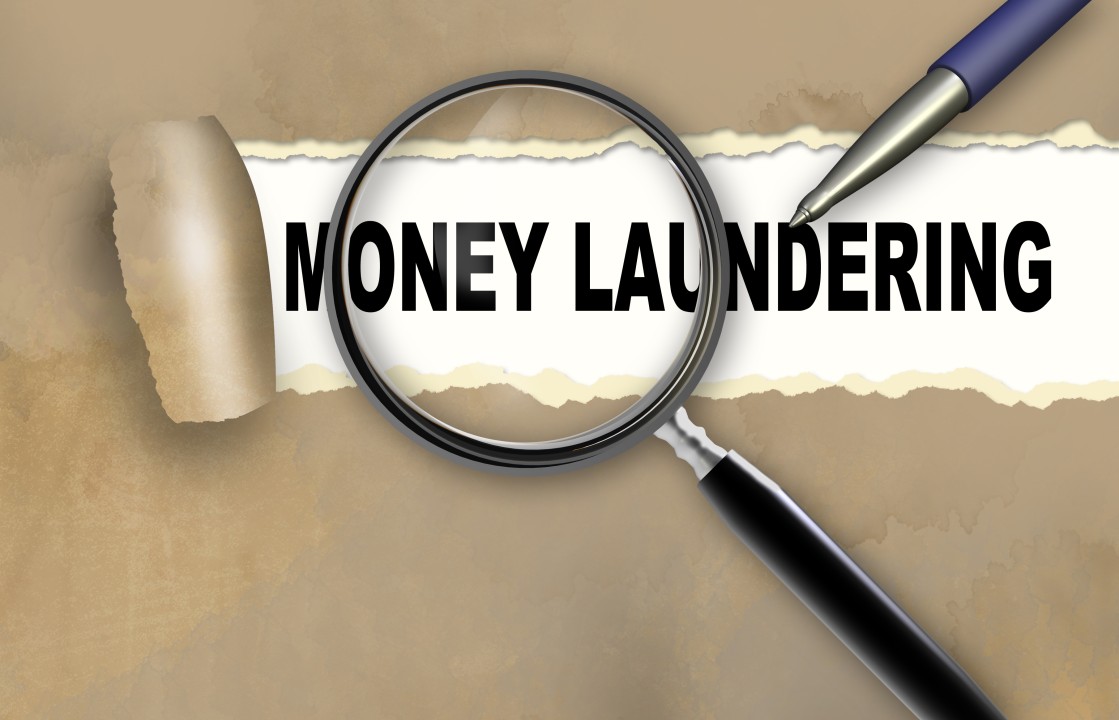Hasibul Aman
Published:2023-05-07 18:44:41 BdST
Tax benefits fail to lure money launderers
The National Board of Revenue (NBR) is considering a review of the clemency offer aimed at bringing back siphoned-off money from abroad in the next fiscal year, as the initiative failed to produce results in the current fiscal.
Despite the opportunity to legalize laundered money by paying a 7 percent tax in the July-March period of the 2022-23 fiscal year, no one has come forward, according to NBR sources.
The government introduced the scheme in the finance bill of FY23 to encourage the return of undisclosed money earned abroad or illegally transferred out of the country. The clemency offer guaranteed that no questions would be asked about the source of funds.
With no takers for the clemency offer, NBR is now awaiting a decision from top policymakers on whether to continue the facility in the next budget, as it was initially a political decision.
The initiative has faced significant criticism from economic analysts and politicians who have labeled it "unethical." Despite this, Finance Minister AHM Mustafa Kamal has defended the decision, stating that the country's people have "rights over the laundered money."
A 2021 report by US-based Global Financial Integrity (GFI) revealed that nearly Tk 4.36 trillion was illegally transferred out of the country between 2009 and 2015.
On average, nearly Tk 730 billion is siphoned off from Bangladesh annually, placing it among the top 30 countries facing capital flight issues. In South Asia, Bangladesh ranks second in money laundering, trailing only India.
Meanwhile, data from Swiss banks indicate that in 2021, money held by Bangladeshis in various Swiss banks reached approximately Tk 82.75 billion, up from Tk 53.43 billion in 2020. This amount is equivalent to the paid-up capital of at least 21 private banks.
Typically, local taxpayers pay a maximum of 25 percent income tax if their annual income surpasses Tk 1.6 million. However, money launderers pay significantly less when repatriating undisclosed funds through formal banking channels.
Dr. Ahsan H Mansur, Executive Director at the private think-tank Policy Research Institute (PRI), believes that tax incentives alone will not bring laundered money back into the country. He argues that this would only occur if the country undergoes a significant transformation.
Dr. Mansur also notes that money launderers have no incentive to pay the 7 percent tax when they can send the funds as remittances and receive a 2.5 percent cash incentive on inward remittances. Continuing this facility in the next budget, he says, will only bring disrepute to the government.
A former lead economist at the World Bank's Dhaka office expresses concerns that the offer might have encouraged capital flight instead of curbing the tendency, as individuals could exploit the opportunity to legalize money as remittance.
He cites the significant gap in dollar prices between the informal market and the banking system in recent months, questioning who is buying dollars at such high rates.
Unauthorized use or reproduction of The Finance Today content for commercial purposes is strictly prohibited.


